Murdered Free Speech is the name of a large-scale project survey dedicated to the situation with the multifaceted attacks of Russians on media workers since the beginning of the full-scale Russian invasion of Ukraine has been implemented by the National Union of Journalists of Ukraine (NUJU) with the financial support of the Swedish non-profit organization, Civil Rights Defenders. The presentation of the project in the regions of Ukraine has now begun. The first presentation took place in the city of Kropyvnytskyi.
On the grounds of the Chizhevskii Library, local media, and journalists were presented with video stories of journalists from Kherson, Mariupol, Melitopol, Bucha, Kharkiv, Bakhmut, and other hot spots. The journalist fell victim to or eyewitnesses of war crimes during the full-scale war. In total, the project team recorded 102 video stories; the main characters were 104 journalists affected by the ruscists.
“Journalists during the war become targets for invaders who seek to “liberate” our country from Ukrainian media in order to plant their propaganda instead. We have all felt the consequences of war crimes against journalists. The goal of the project is to draw attention to these crimes and to remind about them until those guilty are punished,” noted NUJU‘s First Secretary, Lina Kushch.
She also drew attention to the fact that NUJU strives to support journalists and media who are in a difficult situation. And the number of such people is huge. After all, journalists had to hide from the occupiers who tried to force them to cooperate with the ruscist “authorities,” evacuate to safe territories, seek shelter and new work, and at the same time work on restoring their publications in accessible formats.
A study of the needs of local newspapers in occupied and front-line territories showed that about a third of local newspapers changed the place of newspaper printing due to the temporary occupation of the territories and logistical difficulties. Of course, there was a massive problem with funding. A number of newsrooms still work in the mode of information volunteering.
However, thanks to the NUJU and foreign partners, local newspapers were able to resume publishing – in particular, 90% of the newspapers participating in the study received various assistance from the NUJU.
Lina Kushch showed the meeting participants the issues of newspapers from the de-occupied and front-line territories that resumed their operation. She also noted that in addition to supporting the media itself, the Union provided and continues to provide targeted assistance to journalists, In particular, targeted emergency support, necessary equipment, etc. Besides, NUJU’s Journalists’ Solidarity Centers (JSC) offer protective equipment and tactical first-aid kits for trips to hot spots. It also provides various support and training. Food humanitarian aid to media workers is also being formed. Thus, Lina Kushch handed over several packages made of long-term storage products to the journalists of the Kirovohrad Region. It will help people during force majeure situations.
During the meeting, Lina Kushch presented a number of awards to media workers of the Kirovohrad Region. A Certificate of Gratitude from the chairperson of the Verkhovna Rada of Ukraine was conveyed to the chairperson of the Kirovohrad regional organization of the NUJU, Petro Melnyk.
The Kirovohrad regional organization of the NUJU received a new laptop as technical support. Lina Kushch handed over the gadget to Petro Melnyk.
This all is very important because the Kirovohrad regional organization of the NUJU does not have its own stationary office, so it works in conditions of mobility.
Iryna Shvets from Berdiansk found not only shelter in Kropyvnytskyi but also a job – although not in the media, but in the field of culture; she now works in the regional museum of local history.
The editor of the newspaper Silske Zhyttia Plus [Rural Life Plus] from Kropyvnytskyi, Oleh Shvernenko, who also received the Certificate of Gratitude, but this time from the commander of the combined forces of the Armed Forces of Ukraine (AFU), Serhii Nayev, drew attention to the fact that journalists make maximum efforts to publish a newspaper with the high-quality and necessary information for people, and meanwhile, its delivery does not stand up to any criticism.
Lina Kushch said that on July 6, the NUJU Board’s extended meeting approved an appeal to the President of Ukraine, the Government, and the management of Ukrposhta. In it, the Union proposed to immediately create a workgroup of representatives of the Presidential Office, the Government, the Ministry of Culture and Information Policy, the NUJU, and newspaper publishers to find a joint solution regarding the further work of Ukrposhta.
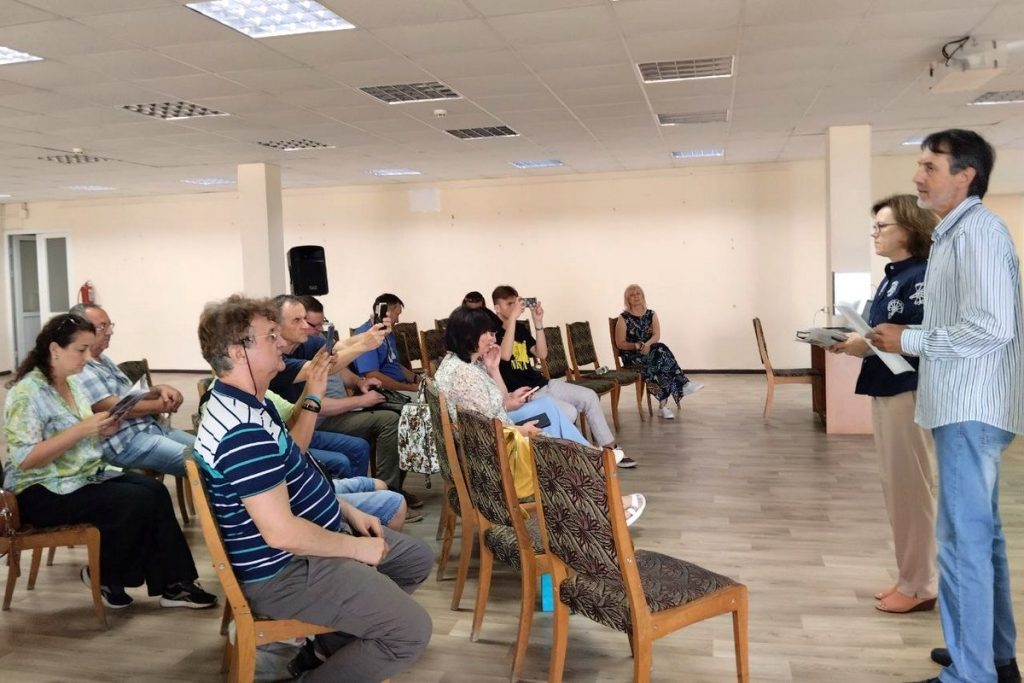
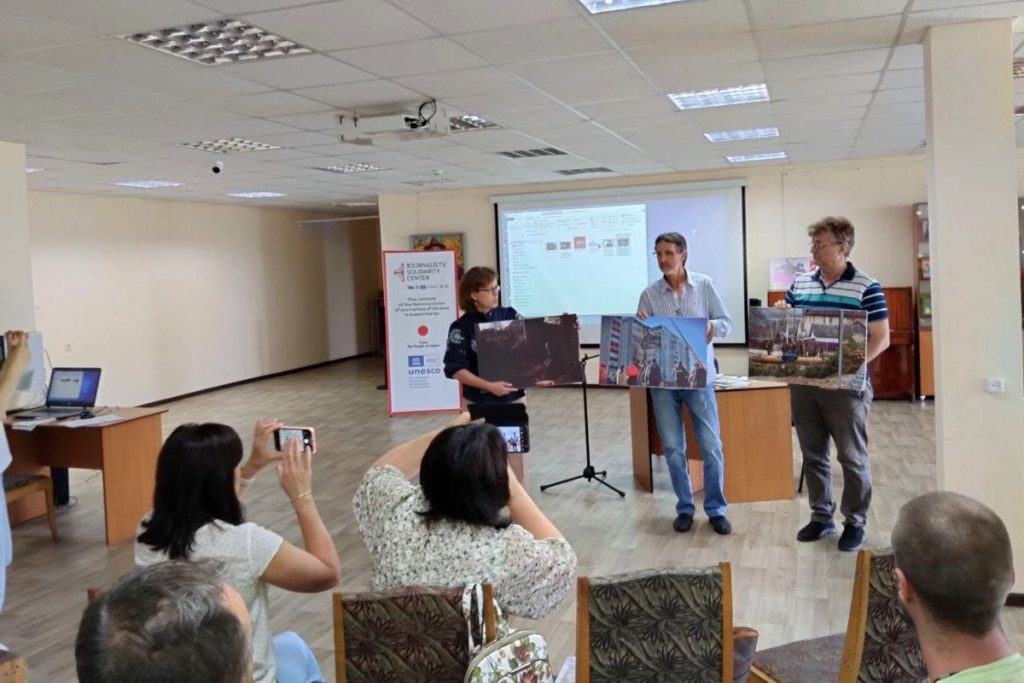
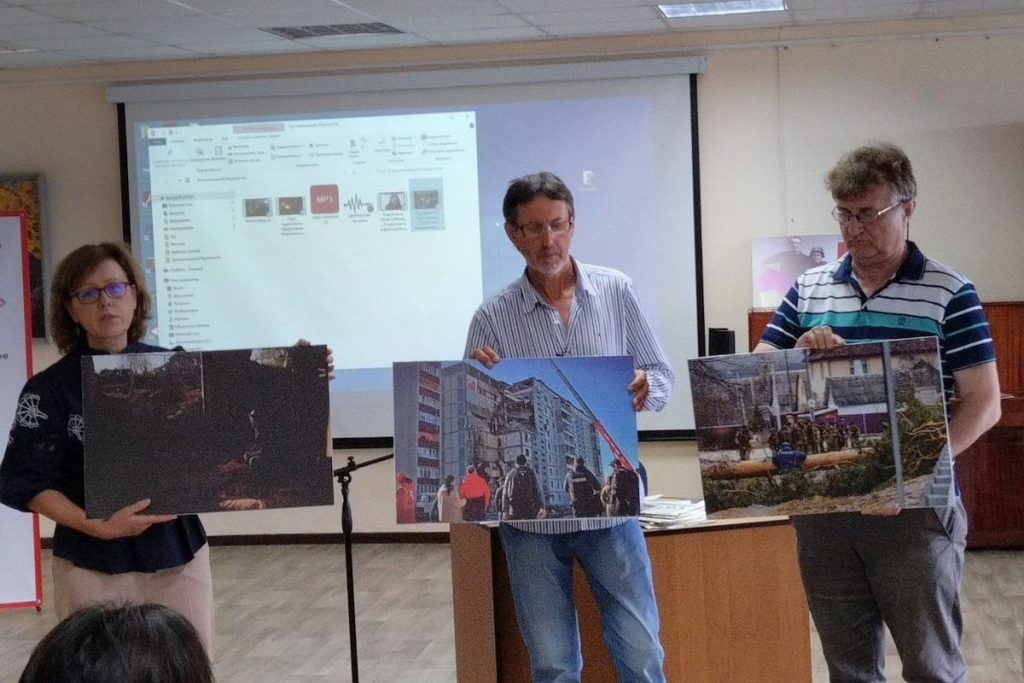
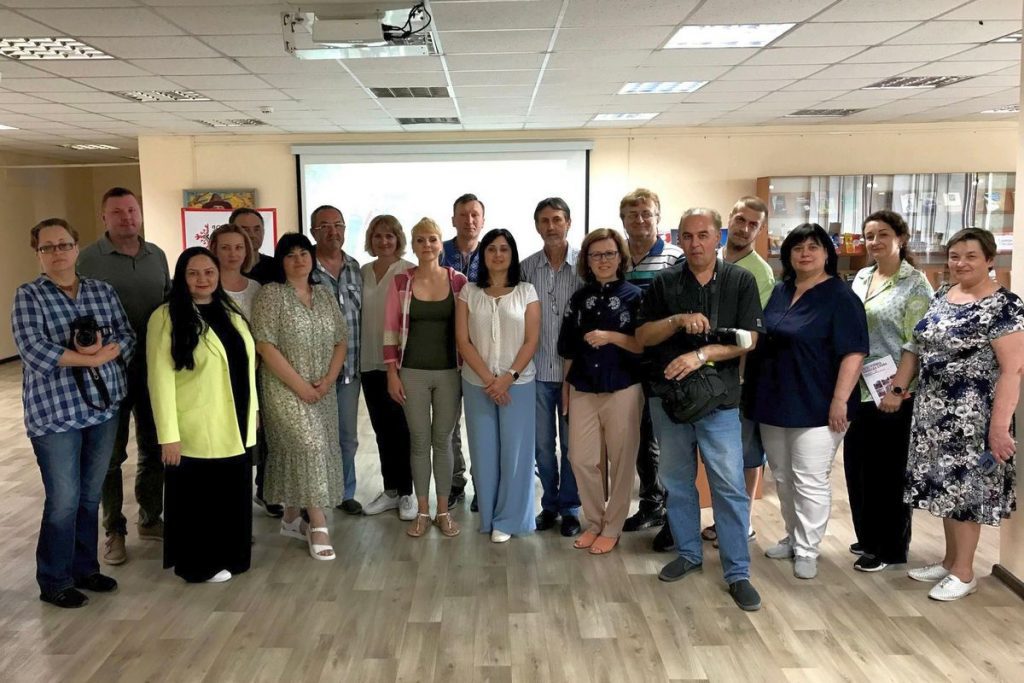
Inna Kosianchuk, NUJU Information Service

 THE NATIONAL UNION OF
JOURNALISTS OF UKRAINE
THE NATIONAL UNION OF
JOURNALISTS OF UKRAINE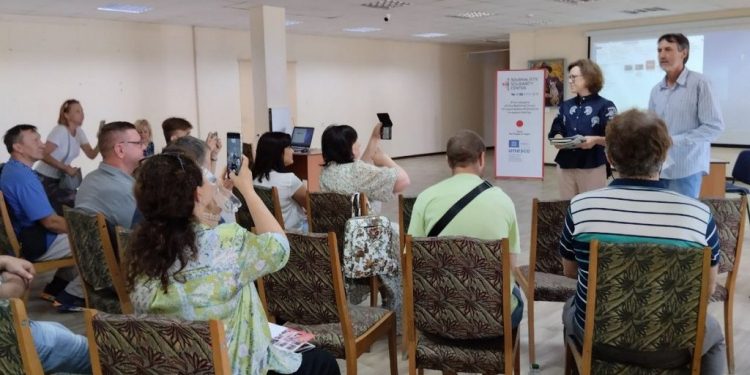
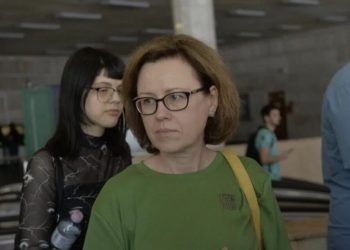
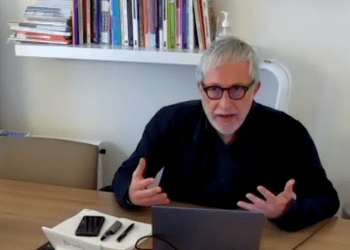
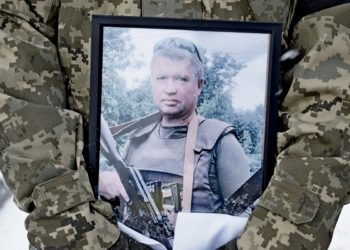













Discussion about this post